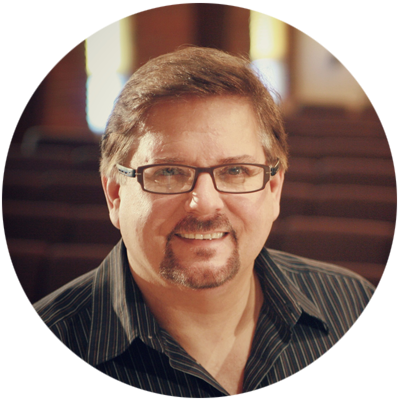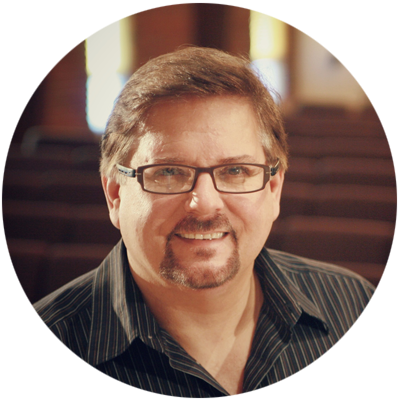It began to occur to me how much I was focused on the large crowd in my church in the time and energy I spent preparing for Sunday services. The least amount of my time was in invested in people I was personally discipling. I knew we had to restructure the way we did ministry. In order to focus on young leaders and staff, I made the decision to shift my priorities and implement some clear discipleship pathways.
Here’s the shifts I made to redistribute my time:
Investing in Key Leaders
I’ve begun to do less teaching on Sundays and give more opportunities to other staff members and younger leaders. We spend time preparing series together so I get additional time with these key disciples.
This year we also launched the Residency Program for the development of key leaders and church planters. The group is by invitation only and is limited to 8-12 people. Participants do a significant amount of reading and homework assignments. No area is off topic and everyone gives permission to “dive deep” into their lives. The group meets every other week for four hours where we review what they have been reading and researching and for a time of ministry. Each person gains the tools to lead as a church planter or ministry leader. This is probably the most important investment I am making for the long-term health of our church.
Creating a Pathway of Discipleship
We have created a clear path of discipleship so that people in our community can easily get involved and go from exploring Christ to growing in Christ to living a Christ-centered life. Our pathway has three steps and each step centers around a weekly group experience with a retreat at the end. We use the tools Alpha, Emotionally Healthy Spirituality, and School of Kingdom Ministry because they are video driven and led by a trained facilitator rather than a specific pastor. This allows me to spend time discipling key leaders who then lead these discipleship groups. Another plus is that these groups are easily reproducible for future campuses or church plants.
Developing Effective Small Groups
Life Groups are another important tool in the life of our church. These small groups unite around the elements of prayer, fellowship, and outreach. They look more like the group of the 12 disciples and this is where a lot of real relationship happens.
We have also discovered that outreach happens best through these groups instead of more involved events. We tested this idea in the fall when we canceled a large annual outreach event and instead distributed the funds to our Life Groups. They created and carried out innovative neighborhood outreaches resulting in higher participation and greater impact. By doing discipleship and outreach in these smaller contexts, more people get to play and their outreaches are tailored to meet the needs of the specific neighborhoods.
The results of this shift have been clear. I’m able to develop young leaders and invest in next generation of church planters. Those impacted by this discipleship and the discipleship classes are now facilitating the classes. We’ve also found that people are taking responsibility for their own growth. As we have more opportunities or “on ramps” for new people to get involved, they have clear next steps in their spiritual growth.
 Tony serves as the Lead Pastor of Life Church a Vineyard Church in Indianapolis with campuses in Indy and Brownsburg. He has planted four churches prior to Life Church which was adopted into the Vineyard in 2007.
Tony serves as the Lead Pastor of Life Church a Vineyard Church in Indianapolis with campuses in Indy and Brownsburg. He has planted four churches prior to Life Church which was adopted into the Vineyard in 2007.
The views expressed on this site or in this media are those of the speaker(s), author(s), or contributor(s), and do not necessarily represent the views of Vineyard USA or any of its Regions, Ministries or Initiatives. For more information, see the
Vineyard USA disclaimer here.





